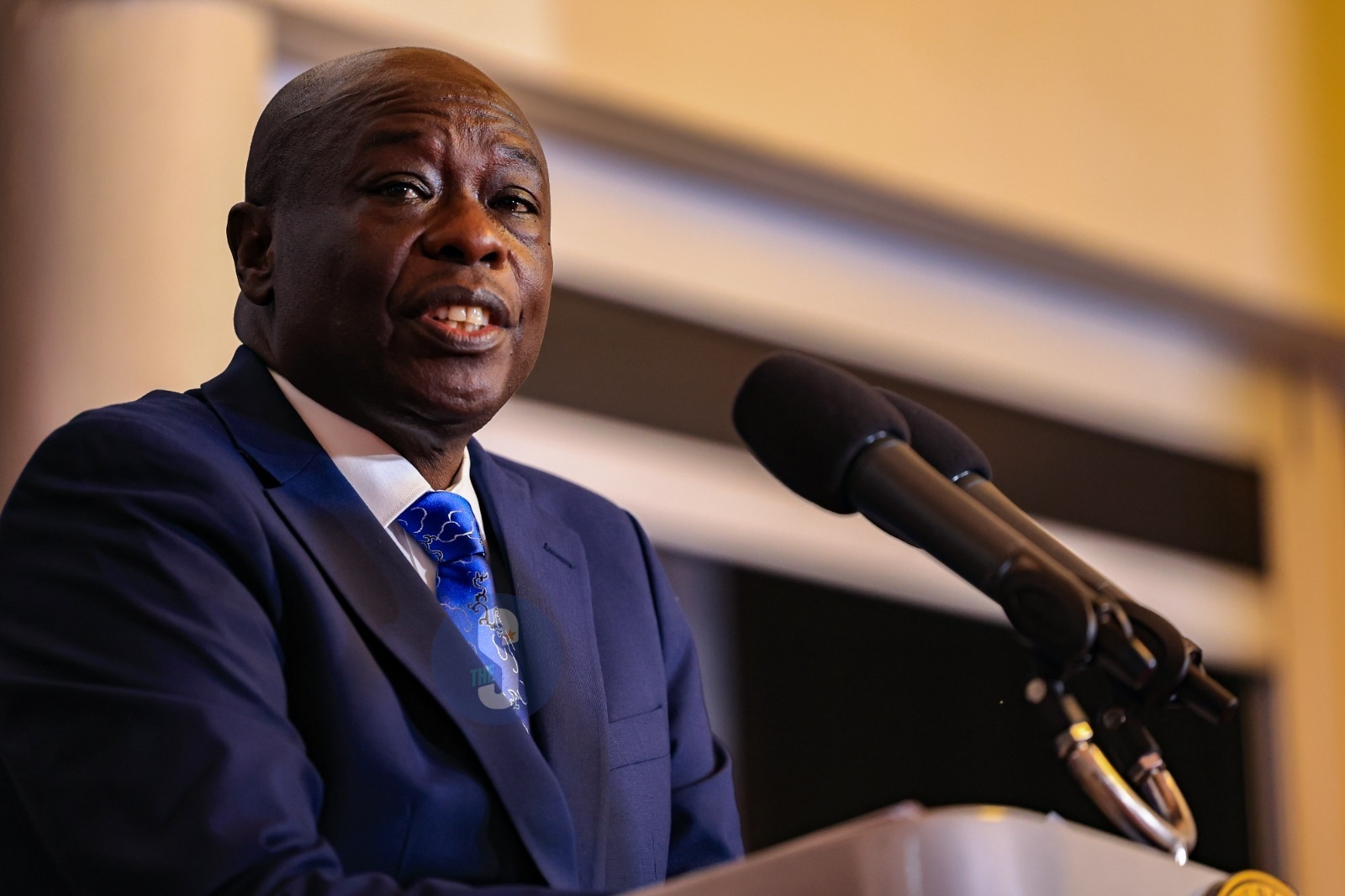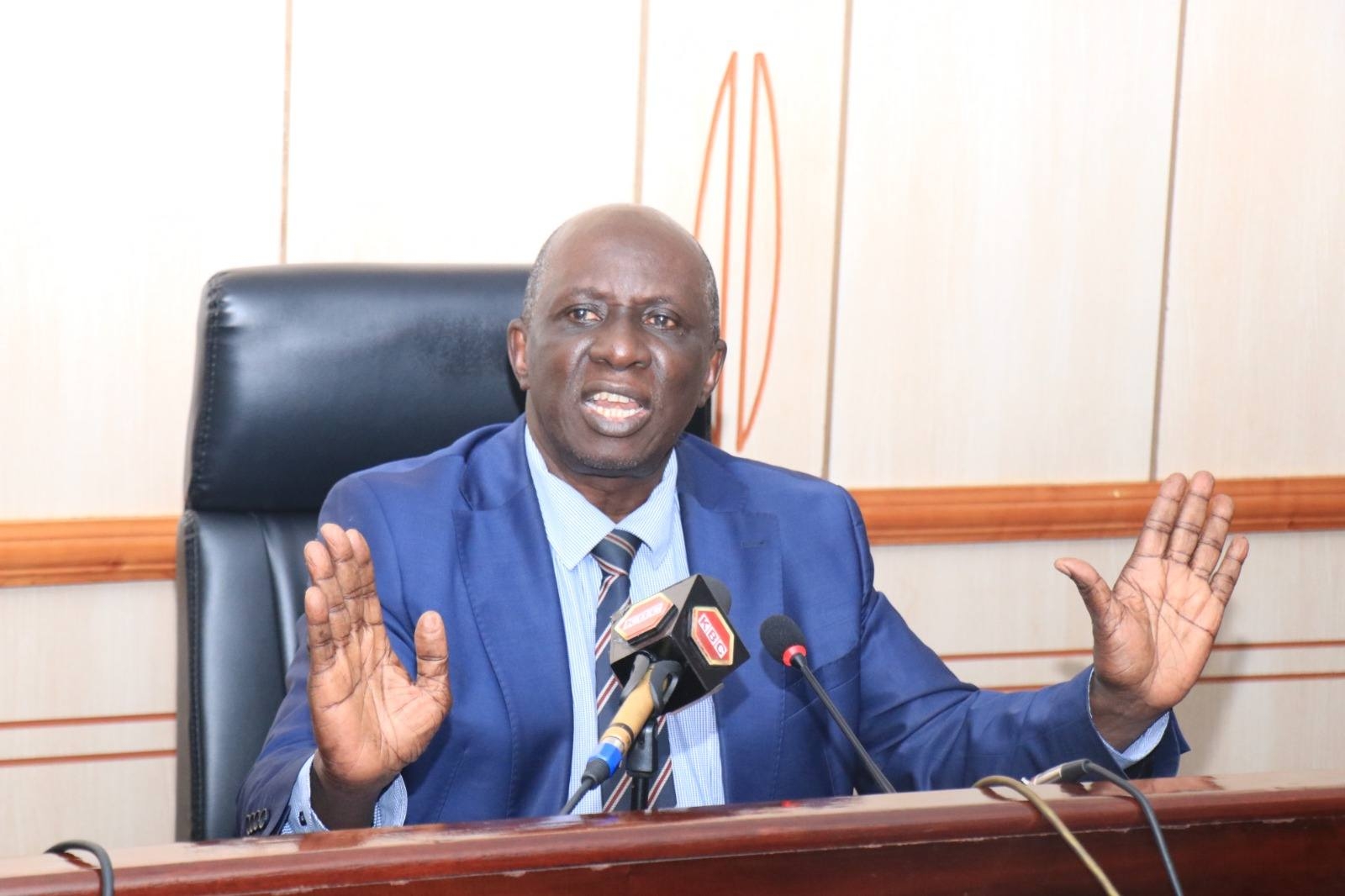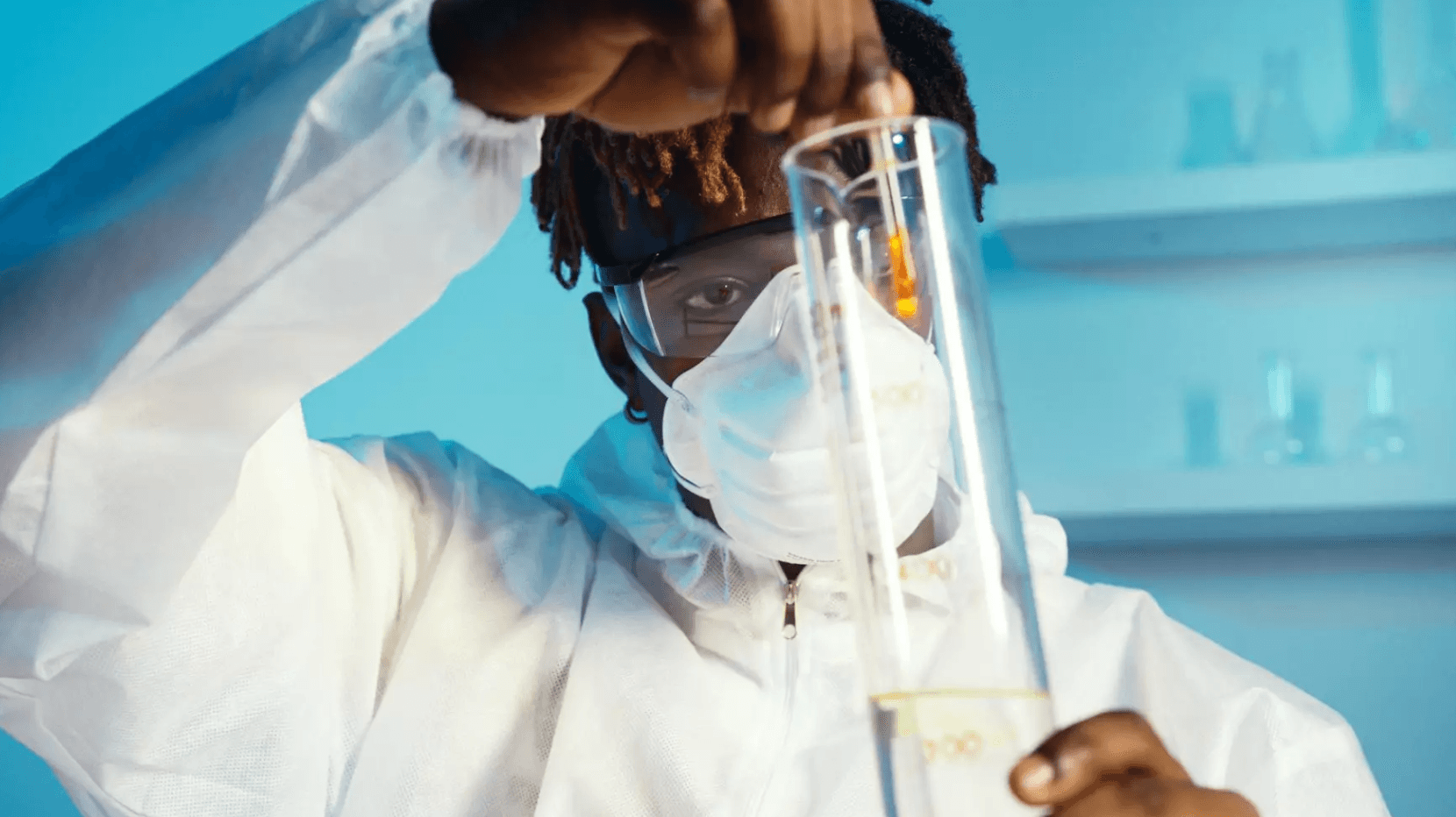Research towards the production of plant-based black soap is currently at an advanced stage at Mount Kenya University in Kiambu county.
The initiative will use aloe vera and bamboo extracts as additives to make soap, MKU pro-chancellor Dr Vincent Gaitho said.
The university is conducting the research at its botanic garden at Happy Valley campus in Thika that has over 300 indigenous plant species.
Dr Gaitho spoke during tree planting by students and members of staff at the 103-acre land adjacent to Thika river. He was accompanied by the MKU vice-chancellor Prof Deogratius Jaganyi and co-founder Dr Jane Nyutu.
“During this rainy period, the university plans to plant and grow over 5,000 indigenous trees, shrubs and herbs. The plants will serve a triple purpose: mitigation of climate change, food security and improvement of people’s livelihoods,” Dr Gaitho stated.
The university has so far planted over 100,000 trees at different places.
“The trees planted today include bananas, avocados, pixies, tree tomatos, apples, mteta, mwiri, muthiga, muringa and aloe. This is a great achievement which ought to be emulated by other institutions and the citizenry of this honourable nation, Kenya,” Dr Gaitho said.
Besides making plant-based soap, the botanical garden holds potential for numerous researches. Dr Gaitho welcomed researchers and communities to collaborate with the institution in research.
“There are other products that can be researched upon to achieve possible commercialisation status within this garden especially through collaborative opportunities. The collaborations are open to students, staff and other members from different communities,” he said.
Prof Jaganyi said medicinal trees are not only a source of natural remedies but also play a pivotal role in maintaining the ecological balance of surroundings.
“Mount Kenya University has always been a pioneer in promoting environmental consciousness, and the initiative to grow medicinal trees aligns seamlessly with our ethos,” the VC said.
“The biodiversity provides a unique opportunity for us to cultivate a variety of medicinal trees, each with its own set of healing properties.
Prof Jaganyi said the cultivation of medicinal trees aligns with global efforts to preserve biodiversity and combat climate change.
“Trees are nature’s air purifiers, and by growing medicinal varieties, we not only contribute to a healthier environment but also create a living pharmacy that future generations can benefit from. This initiative also provides a unique learning opportunity for our students,” he said.
The cultivation of medicinal trees at the University, he noted, is not just a practical step towards a healthier community, but a symbolic gesture of its commitment to the well-being of the planet.
Dr Nyutu said MKU is currently the United Nations Academic Impact Hub for SDG 10 on Reduced Inequalities.
“Accordingly, MKU’s team of professionals, scholars and researchers, working in collaboration with practitioners and other persons of goodwill, have joined hands with the government of Kenya and with all the other Kenyans as well as with the international community in climate mitigation through tree growing as evidenced today, "she said.
















